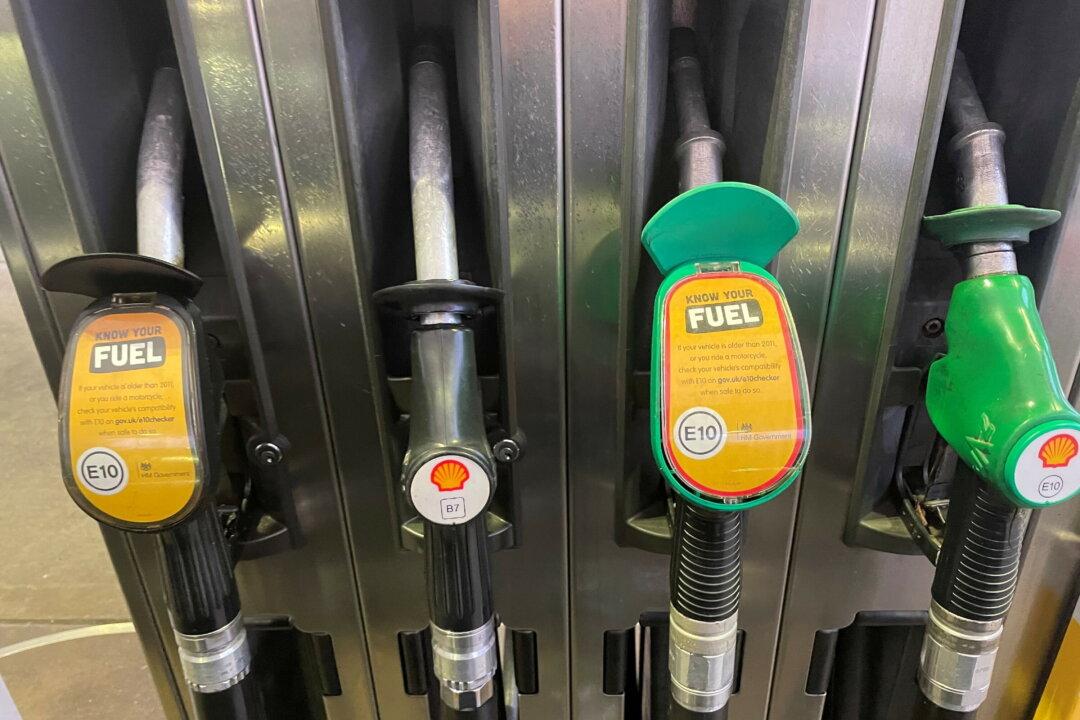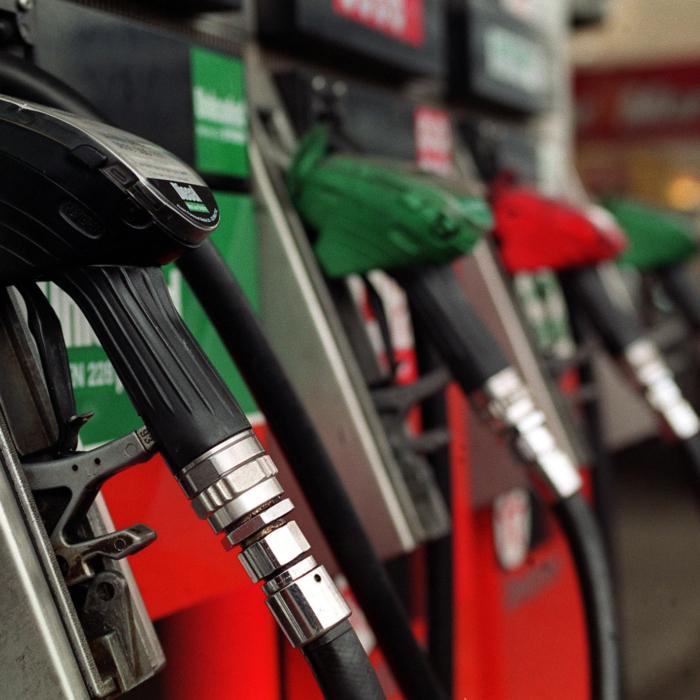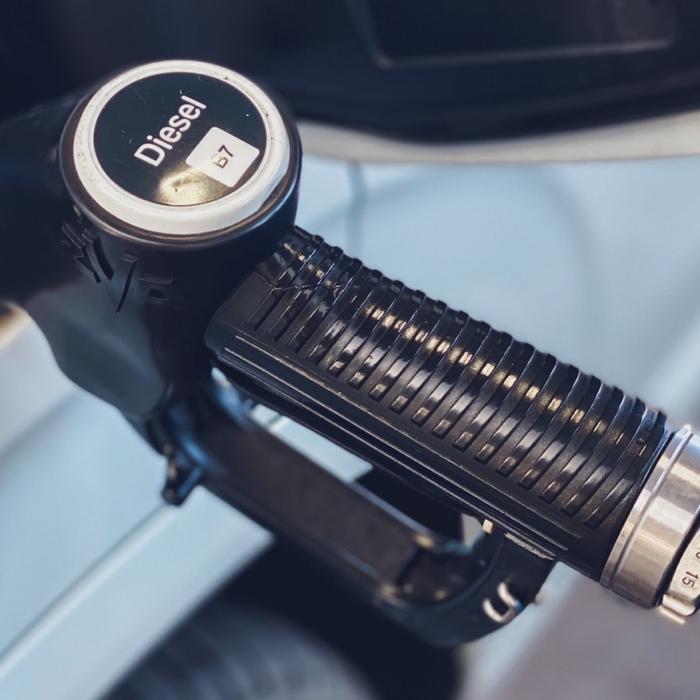British drivers should be ready to foot higher fuel bills as the government’s October budget is set to include a fuel duty rise, according to the RAC.
The RAC’s Head of Policy Simon Williams said: “We’ve reached the conclusion the chancellor has no option but to put fuel duty back up to 58p a litre in October’s Budget.”
Prior to this, the fuel duty rate had been frozen at 57.95p per litre since March 2011. On top of fuel duty, drivers also cover the cost of VAT, at 20 percent.
The newly-elected Labour government “knows the 5p discount is losing the Treasury £2 billion a year,” the RAC said.
According to Williams, Chancellor Rachel Reeves “also knows drivers were overcharged by a staggering £1.6 billion last year according to the Competition and Markets Authority’s recent report.”
“We’d normally be against any increase in duty, but we’ve long been saying drivers haven’t been benefitting from the current discount due to much higher-than-average retailer margins,” he added.
The RAC has called on retailers to cut petrol and diesel prices for drivers across the country to reflect the lower wholesale costs retailers enjoy. The company’s analysis showed there was a 10p per litre difference between the purchase price of fuel and the price at the pump.
This compares to the long-term average of 8p per litre, the RAC noted.
The company recommended that average petrol prices should go down from 142p per litre to 136p per litre, while diesel prices should drop from 147p per litre to 139p per litre.
“As more and more EVs come onto the roads the Government will need to tax drivers differently. We think replacing fuel duty with a pay-per-mile system as soon as possible is the way forward as then the only tax levied on fuel would be VAT. This would give retailers nowhere to hide,” said Williams.







